College of Human Sciences
Examining how climate affects the human psyche
Professor Monika dos Santos of Unisa’s Department of Psychology in the College of Human Sciences continues to put in the hard work in her project that focuses on climate change and health impacts, especially within the South African and African context. “My work in the climate change space is focused on health, be it mental or physical,” says Dos Santos. “Human health and, ultimately, our survival as a species are directly and indirectly affected by climate change.”
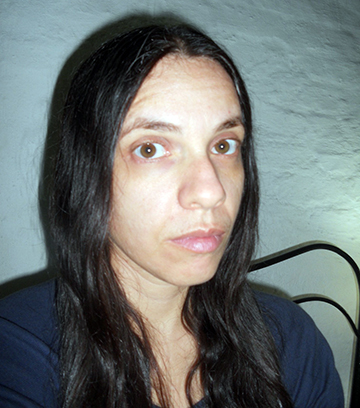
Prof Monika dos Santos (Department of Psychology, College of Human Sciences: Unisa)
Dos Santos says that climate risk and vulnerability assessments have increasingly been used for adaptation actions, development planning at local, regional, and national levels, and for the identification of climate change hotspots. “The need for assessments gained significance in the context of the South African National Adaptation Plan process, which was established in 2010 as part of the United Nations Framework Convention on Climate Change Cancun Adaptation Framework to complement existing short-term national adaptation programmes of action,” she explains.
Dos Santos points out that the South African Climate Change and Health Adaptation Plan (2014/19) indicates that to identify high-risk locations and groups, it is important to undertake a national risk and vulnerability assessment (RVA) of the health sector.
While international experts have provided input in relation to the project deliverables, the product of this assignment, funded by the German Development Cooperation, is an in-depth scoping report on climate change and health RVA framework. It is led by Unisa in collaboration with the Council for Scientific and Industrial Research and Africa Health Placements. This provides South Africa’s Department of Health (DoH) and Department of Forestry, Fisheries and the Environment (DFFE) with a solid foundation for responding to the impacts of climate change on the health sector.
The work continues
“Due to the COVID-19 pandemic, the DoH has been focused on tackling this global challenge in South Africa,” explains Dos Santos. “This has caused delays in terms of the necessary approvals to disseminate the project and research outcomes. However, things are now moving along and the DoH and DFFE are currently busy with pilot testing and refining the climate and health RVA, tool and framework. These were developed in various identified districts throughout South Africa.”
Dos Santos has also been involved this year in the World Health Organization’s (WHO’s) preparations for Conference of the Parties 26 (COP 26) taking place in December in Glasgow, Scotland. She says: “I have been leading the development of two case-study reports. One is based on this RVA work undertaken for the DoH and DFFE; and the other on the community engagement initiative in the Kruger to Canyons Biosphere Region, to be published by the WHO in a technical report for COP26.”
Her primary research focus this year, however, has been on case study research on climate change, COVID-19 and healthcare systems in the city of Manaus, Amazonas state, Brazil, and in the Kruger to Canyons Biosphere Region in South Africa. She adds: “My other focus has been on theoretical research in the field of evolutionary and cognitive psychology, artificial and collective intelligence, and philosophical psychology relating to climate change.” She has also been collaborating on a study with the Global Centre on Healthcare and Urbanisation at the University of Oxford and the Prince’s Foundation relating to sustainable supply chain management.
Pushing for grassroot interventions
“As the initiatives are strategic and systems strengthening orientated,” remarks Dos Santos, “the focus has been on advancing technical interventions and policy advancement on a national and global level. The goal and hope are that it trickles down to grassroot interventions through multi-stakeholder involvement.”
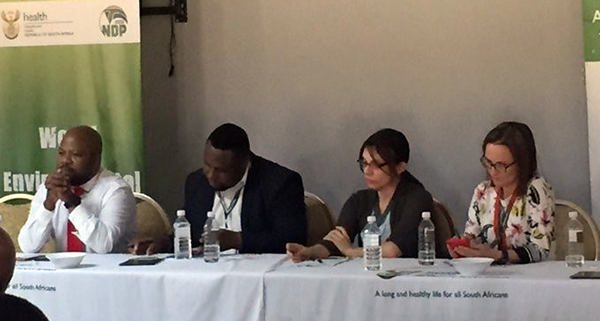
From left: Murdock Ramathuba (National Department of Health), Lindelani Mudau (National Department of Forestry, Fisheries and the Environment), Prof Monika dos Santos (Unisa) and Dr Caradee Wright (South African Medical Research Council) having a panel discussion on climate change and health challenges in South Africa at the World Environmental Health Day Conference.
Other than the impact that COVID-19 has had in delaying the project, Dos Santos says that there have not been other restrictions due to the system strengthening approach currently being adopted. She is currently in discussions with potential stakeholders on possible collaborations.
Acknowledging how humbling and complex her field is, she concludes: “I hope that action is as quick as it needs to be in a tangible and real way for local communities.”
*By Nancy Legodi, Acting Journalist, Department of Institutional Advancement
*Group image sourced from the South African National Department of Health: http://www.health.gov.za/
Publish date: 2021-09-09 00:00:00.0

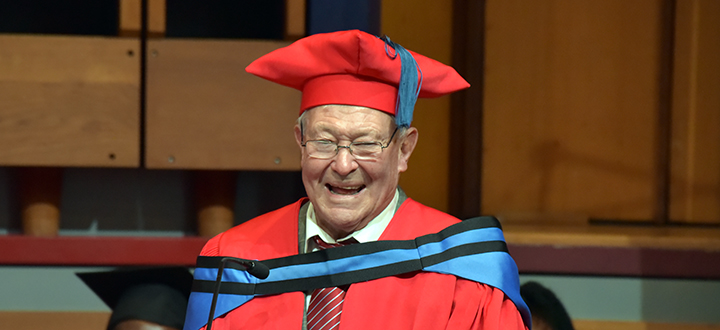 Community champion and agricultural entrepreneur extraordinaire honoured by Unisa
Community champion and agricultural entrepreneur extraordinaire honoured by Unisa
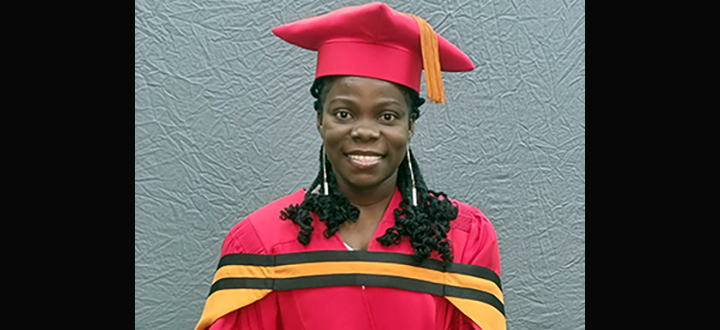 Ghanaian-born Swede earns PhD in Information Sciences from Unisa
Ghanaian-born Swede earns PhD in Information Sciences from Unisa
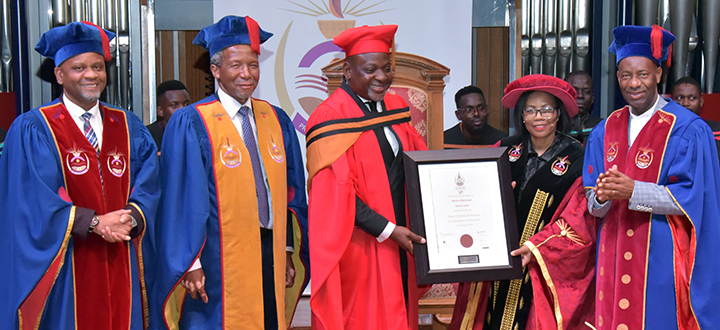 Unisa awards honorary doctorate to exemplary philanthropist and entrepreneur Collen Tshifhiwa Mashawana
Unisa awards honorary doctorate to exemplary philanthropist and entrepreneur Collen Tshifhiwa Mashawana
 Inhlanyelo Hub explores financing and sustainability at the International Conference on Business Incubation
Inhlanyelo Hub explores financing and sustainability at the International Conference on Business Incubation
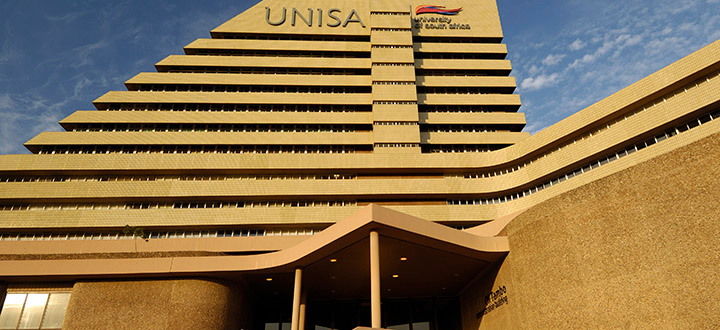 Unisa remains anchored among the waves
Unisa remains anchored among the waves